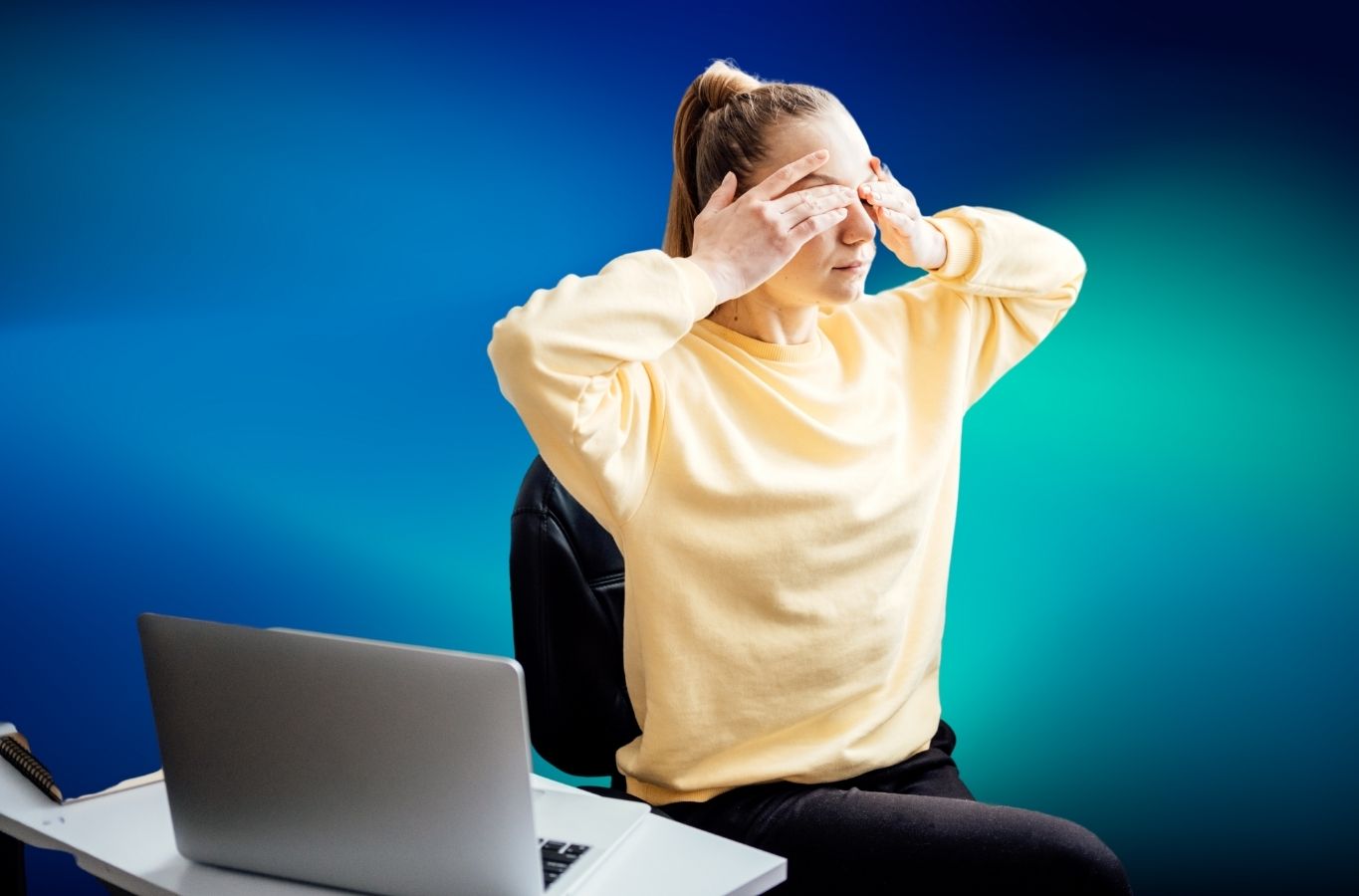
What is Eye Pressure (Glaucoma)?
Glaucoma, or glaucoma, is a serious eye disease caused by an increase in intraocular pressure. Excessive production or slow drainage of fluid in the eye increases the pressure, which can damage the optic nerve and cause loss of vision. There are different types of glaucoma and treatment is planned on a patient-specific basis.
Symptoms of Eye Pressure
In the early stages, glaucoma has no obvious symptoms, which is why regular eye examinations are so important. In advanced stages, symptoms such as blurred vision, eye pain, light sensitivity, colour fading and narrowing of the visual field may occur.
Causes and Risk Factors of Eye Pressure
Glaucoma is caused by uncontrolled production of intraocular fluid or drainage difficulties. Factors such as genetic predisposition, advanced age, diabetes, myopia, long-term steroid use and smoking increase the risk of glaucoma. Especially those with a family history of glaucoma are at high risk.
Diagnosis of Eye Pressure
Intraocular pressure measurement (tonometry), optic nerve assessment and visual field tests are used to diagnose glaucoma. Ophthalmologists make the diagnosis by examining the symptoms of glaucoma in detail during an eye examination.

Eye Pressure Treatment Methods
Glaucoma treatment focuses on lowering intraocular pressure. Eye drops, laser therapy and surgery are available. Eye drops reduce fluid production, while laser treatment facilitates drainage. Surgical intervention is a method used when other treatments are inadequate.
Surgical Methods
In eye pressure surgery, procedures such as trabeculoplasty, canaloplasty and trabeculectomy are performed. These procedures aim to reduce the pressure by facilitating the outflow of intraocular fluid.
The Effect of Glaucoma on Quality of Life
Progressive eye pressure can lead to loss of vision and have negative effects on the person's independence and daily life activities. Vision loss can reduce the quality of life in many areas from business life to social relations.
Precautions to Reduce the Risk of Eye Pressure
To reduce the risk of glaucoma, regular eye examinations, a balanced diet, exercise, and limiting smoking and alcohol use are important. Managing stress and taking eye health medications regularly can also help reduce the risk of glaucoma.
- Tags:
- glaucoma
- vision loss
- Eye
- eye pressure


